Judgment: The Deadliest Weapon in Relationships
Judgment can be a deadly weapon in your relationships. We do this for many reasons and some are listed below.
If you want to talk to someone more about judgment, feel free to reach out to schedule a consultation for individual therapy.
1. It can allow us feel superior
Tearing other people down temporarily allows us to bring ourselves up. In that moment when we are feeling less than or insecure, we may find ourselves comparing our lives, thinking that we know what is best and that our way is the best way. However, this pattern of thinking can be very unhealthy and damaging to others. Instead of finding faults in others, we are so much better off just focusing on how to become our best selves and letting others do what they wish.
2. Lack of information
Many times, we judge people we see out in the world. Most times, we know very little about them just how they dress, how they are behaving in that current moment, or how they are speaking. We may see something that feels different or unfamiliar and we judge because we can’t relate or understand
3. It uncovers our own faults
Sometimes we are bothered by the qualities and behaviors in others that we choose to ignore in ourselves. We might shame and judge others for their habits, appearances, or lifestyle choices because they are the ones that we dislike the most in ourselves. This can be a quick but unhelpful defense mechanism in our relationships.
4. It makes us feel part of a crew
Sometimes, judging others can make us feel part of a group or more connected as a way of bonding. If one of our friends complains about someone else and other people agree, we may agree just to agree with the group. It may give us a sense of security in that group and acceptance despite what is being talked about. Then unfortunately, the crew bonds around negativity and at the expense of another person.
Now you might be wondering how do I stop this behavior? Here are a few questions you may want to ask yourself to explore further:
What is being triggered in you when they are acting/saying something?
Do you have to confront them or would it be a disservice to the relationship?
What would it be like to accept someone else’s choices even if they differ from yours?
Does their behavior in any way mirror your own or what you have done in the past?
When we practice compassion for others, we also find more room to extend it to ourselves.
For more information on individual therapy, or to schedule a consultation with me, you can contact me by clicking here.

